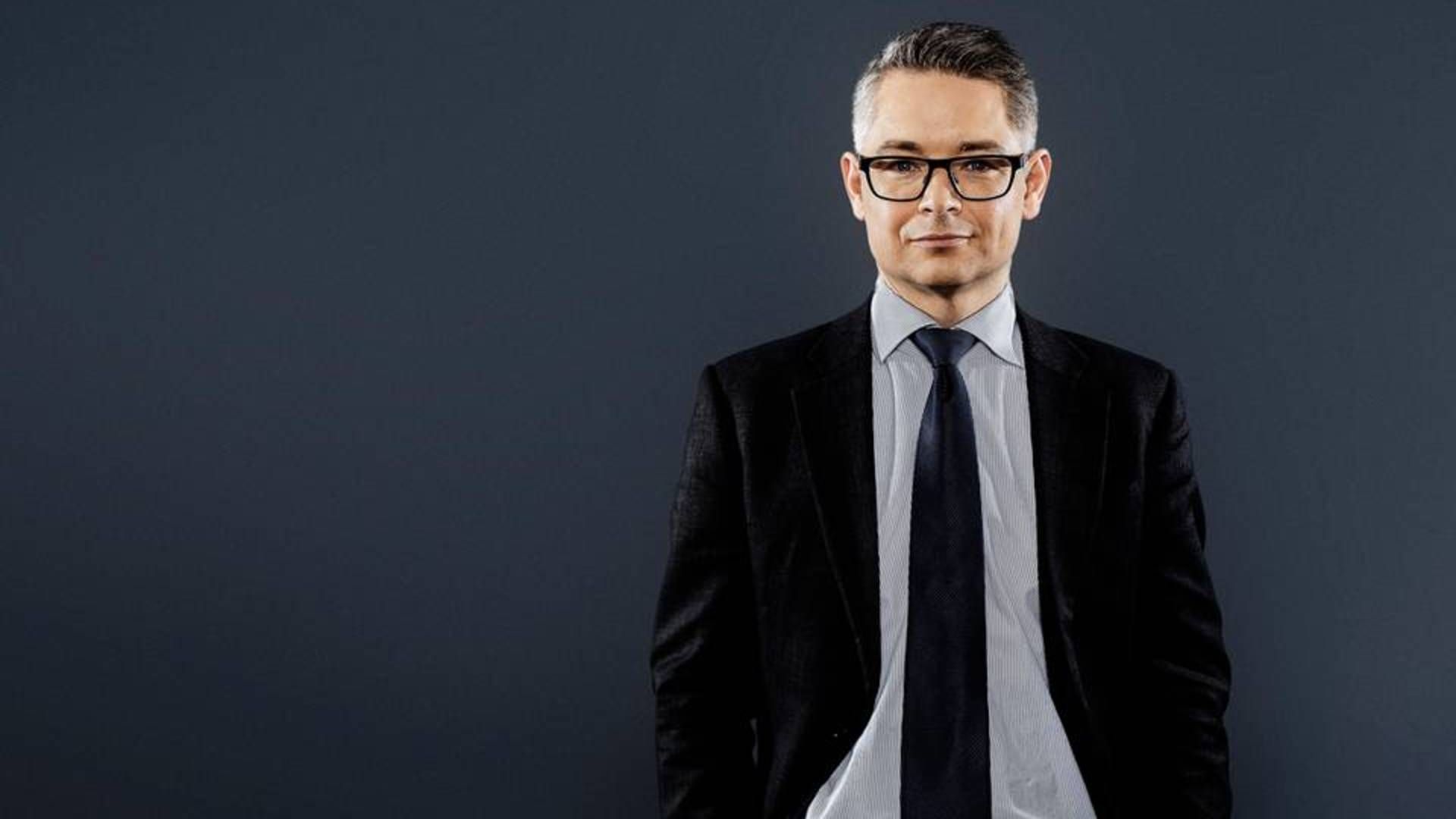Pension funds require banks in a negative interest rates environment to demonstrate ability to transition

Danish banks are under severe pressure from negative interest rates, which have been a fundamental condition almost constantly since July 2012. Nothing currently implies a change to the situation.
This week, Danmarks Nationalbank Governor Lars Rohde made it clear to banks that the national bank is not going to lend them a helping hand in increasing the limit for banks to deposit assets at a zero percent interest rate.
Consequently, while customers will continue to expect at least zero percent interest rate on bank deposits, the banks will have to deposit these assets in the national bank, which currently charges them 0.65 percent in negative interest rates.
Annually, this amounts to a total cost of EUR 174.3m provided that the current deposited amount of EUR 27bn remains static throughout the year. To compare, banks in groups 1-3 yield net profits of about EUR 4bn before taxes.
Several Danish pension companies are behind relatively large investments in bank equities, which is why FinansWatch has spoken to a few of the biggest pension companies to know their view on a bank investor’s future.
PFA: Tough process ahead to transition
PFA’s single largest investment is with Danske Bank, amounting to EUR 536.4m by the end of June, and according to CEO Allan Polack, the pension company’s view on individual banks depends on the banks’ ability to transition.
"Banks have always had to transition to do business in different environments and the same goes for a negative interest rates environment. As investors, we’ve had to transition, too,” he says, and continues:
"In my opinion, this can absolutely be done. And while the transitioning process may be tough, we expect them to be able to figure it out.”
He says that PFA considers a bank’s ability to transition a point of focus in its selection of equities in the financial sector.
"We are active owners, too, and this is a point of focus in the way we talk to potential partners. At least in terms of big investments,” says Polack.
AP Pension: Bank equities available at a reasonable price
AP Pension Chief Investment Officer Ralf Magnussen reveals that the company divested a relatively large portfolio of international bank equities in the beginning of this year based on a reduced belief in an imminent increase of interest rates.
Also, the economic situation had further destabilized.
"We kept a sizable portfolio in Danish bank equities and that portfolio has actually performed quite well – although a very high return on our investment in Vestjysk Bank was a main driver," he says.
Since the turn of the year, Vestjysk Bank’s shares have increased by 78 percent from DKK 2.01 to DKK 3.57.
How do you see Danish bank equities in the future?
"The industry has come under a lot of pressure and it has to consider how to come up with a business model that works in times of negative interest rates. And that’s not an easy task,” says Magnussen.
The CIO adds that AP Pension tries to make use of the bank equities market insecurity.
"Looking at the valuation of Danish banks in a historical perspective, the situation appears attractive. The industry is under pressure and available at a reasonable price. However, investors should be aware that bank equities are more high risk than other market equities,” Magnussen says.
ATP has a steady hand
Denmark’s biggest investor ATP keeps calm.
"As a long-term investor with a large portfolio, we need to have a steady hand. But clearly, the situation proposes a challenge to the banks’ business model. Claiming otherwise would be unreasonable," says CEO Bo Foged.
As long-term investor, you are able to sleep at night?
"Yes, and we have to. You have to have a steady hand at the wheel when steering a ship this size,” says ATP’s chief executive.













